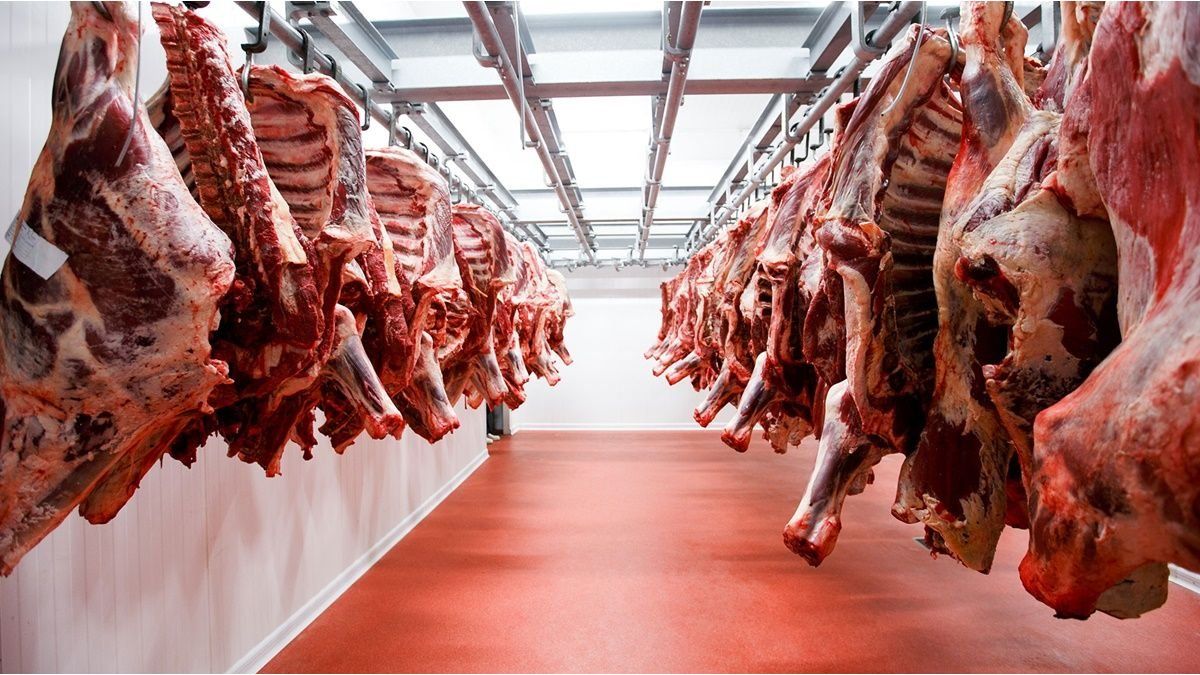“From Agriculture we allocated $2,500 million to accompany the 11 provinces that suffered late frosts, with the aim of providing financing mainly to small producers and producers,” Bahillo said this midday in a Twitter post.
https://twitter.com/JuanjoBahillo/status/1600143243488153601
Since @AgricultureAR We allocated $2.5 billion to accompany the 11 provinces that suffered late frosts, with the aim of providing financing mainly to small producers.#ReliefAProducores
— Juan José Bahillo (@JuanjoBahillo) December 6, 2022
The official explained that Agriculture contributes $1.5 billion through the Agricultural Emergency Fund for producers affected by La Pampa, Río Negro, Neuquén, Mendoza, San Juan, La Rioja, Catamarca, Tucumán, Salta, Jujuy and Santa Cruz.
Meanwhile, the remaining $1 billion come from National Trust Fund for Agribusiness (Fondagro) for zero rate lines of creditand will serve “to allocate to investment and working capitalBahillo said.
In this sense, he specified that the line of credit “has a maximum of $900,000 per producer or producerand has a term of 30 months, with 18 grace“.
“These tools that we make available to production are part of the commitment that we assumed with (the Minister of Economy) Sergio Massa from the first day of his administration, to be close to those who generate wealth every day throughout the entire the country,” concluded Bahillo.
These tools reported by Bahillo are part of the announcements made by Massa at the beginning of November in Luján de Cuyo, Mendoza, a few days after the frosts that severely affected the fields of grapes, various fruits and other Andean productions.
Together with the governor of Mendoza, Rodolfo Suarezand the senator for said district of the Frente de Todos (FdT), Anabel Fernandez SagastiMassa had announced from an experimental station of the National Institute of Agricultural Technology (INTA) the Comprehensive Plan for the Protection of Regional Economies.
At the time, the head of the economic portfolio reported that the Plan “consists of programs, development funds and assistance to face the agricultural emergency that the regional economies are going through as a consequence of climatic conditions”.
In parallel, wheat cultivation is affected by the drought that hits the central region. A recent report from the Rosario Stock Exchange (BCR) He made a comparison that is already beginning to worry producers and also the Government. The drought facing this campaign is comparable to the worst in 2008/2009. Both have in common the lack of water, although in 2008/2009 the last rains improved the conditions. But in this case, the forecast estimates that it is unlikely that this situation will be repeated in 2023.
Source: Ambito
David William is a talented author who has made a name for himself in the world of writing. He is a professional author who writes on a wide range of topics, from general interest to opinion news. David is currently working as a writer at 24 hours worlds where he brings his unique perspective and in-depth research to his articles, making them both informative and engaging.




